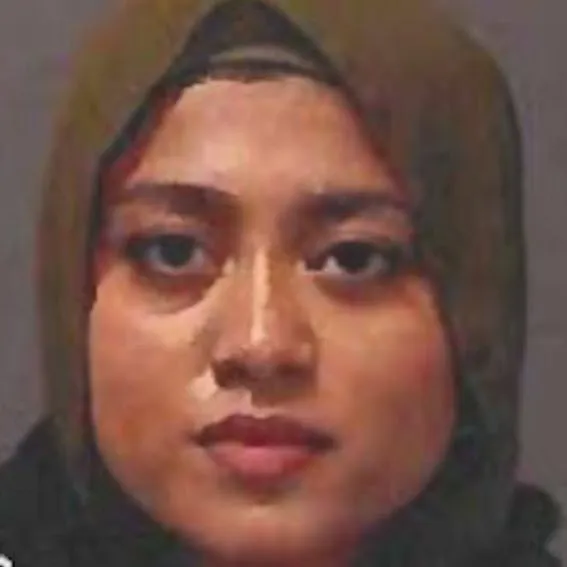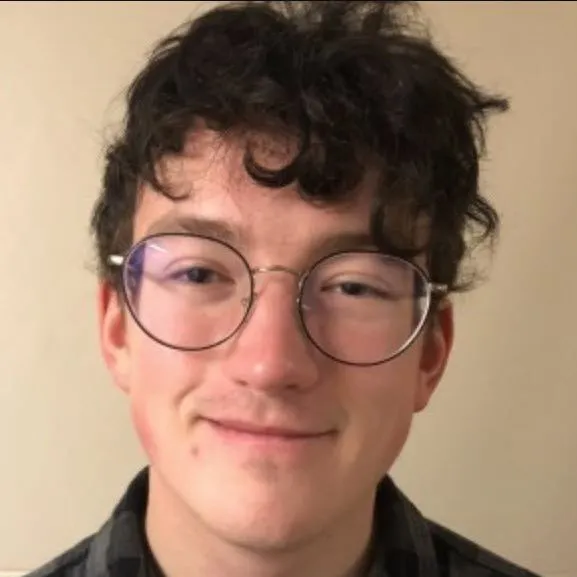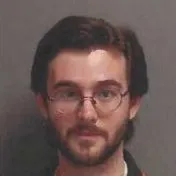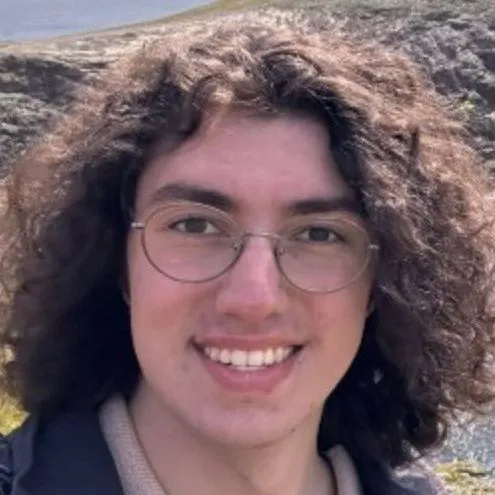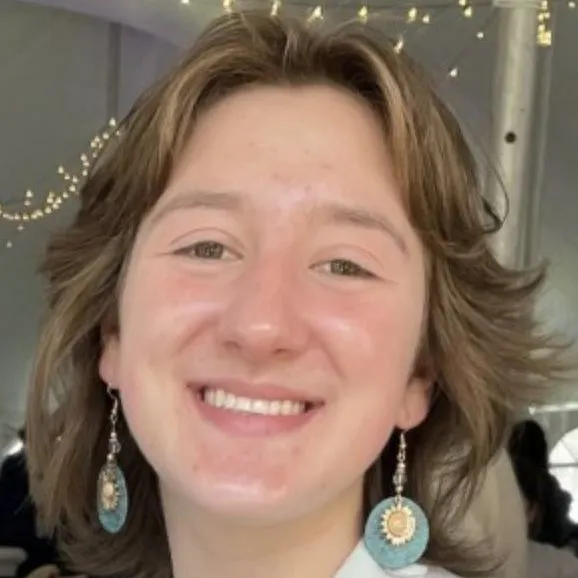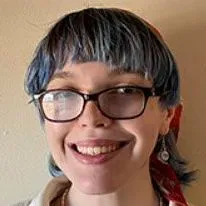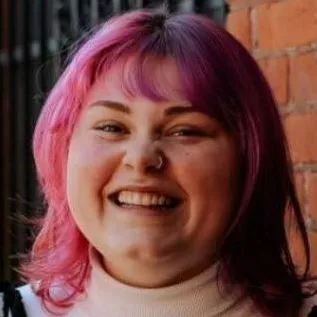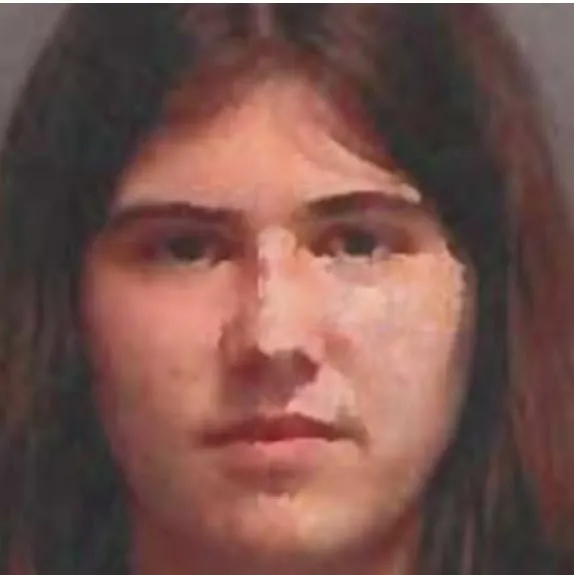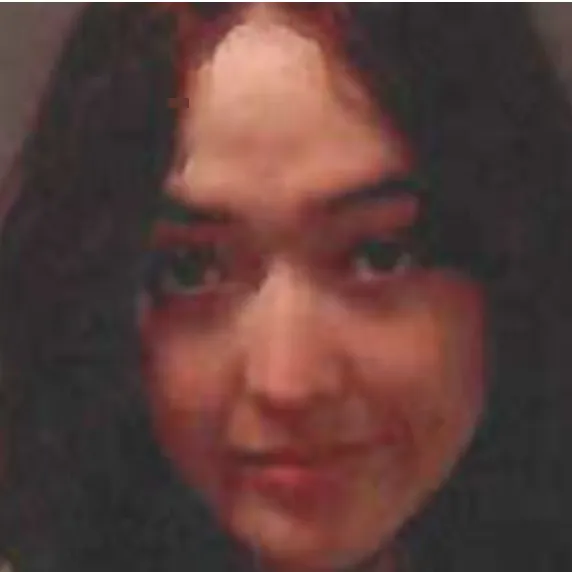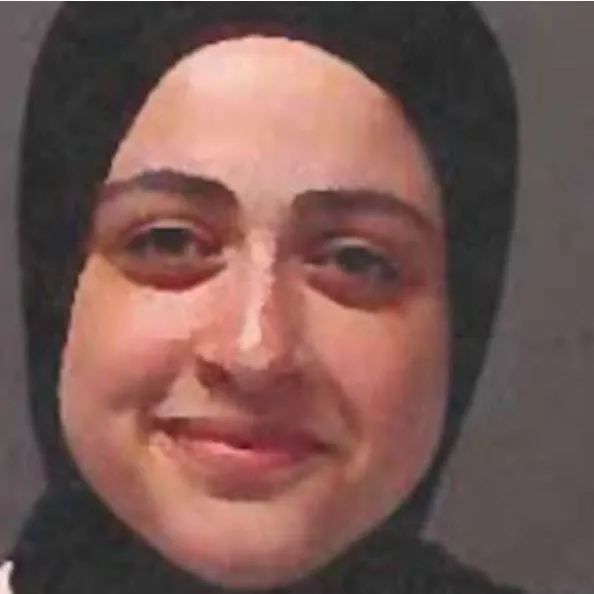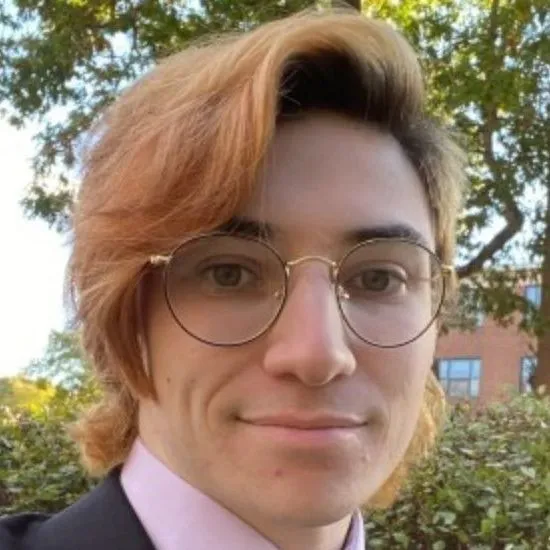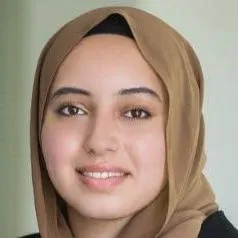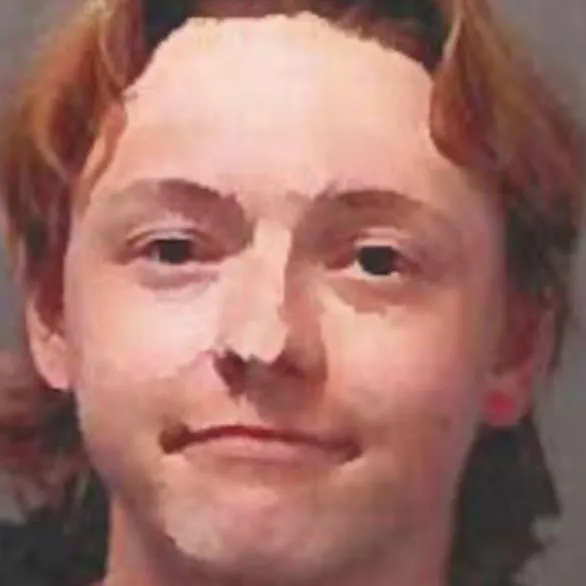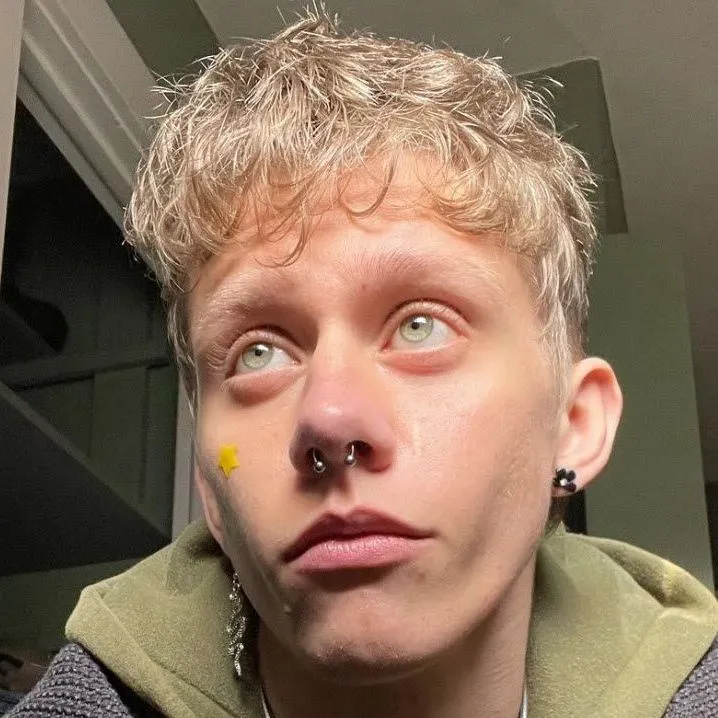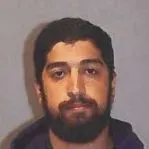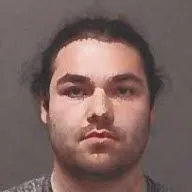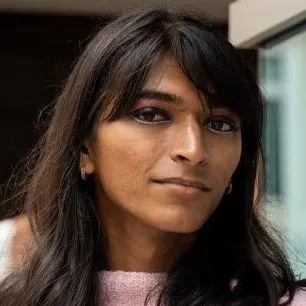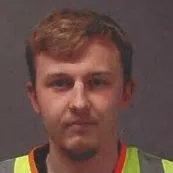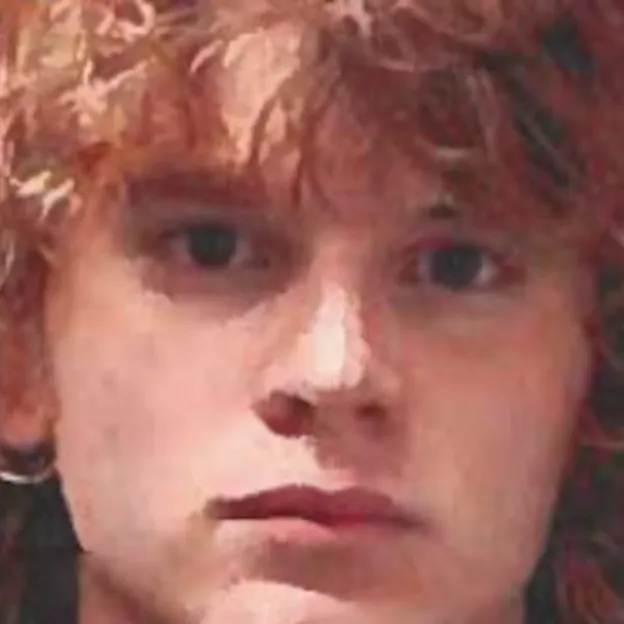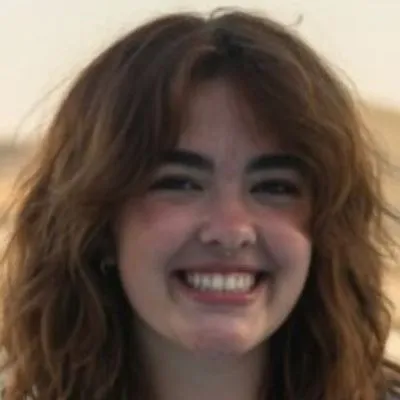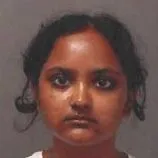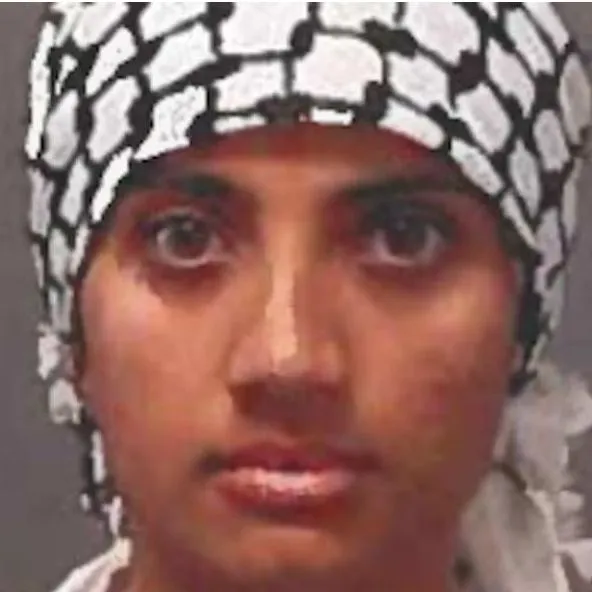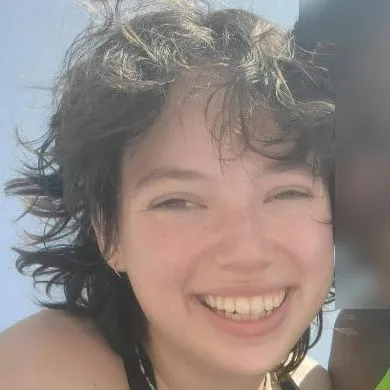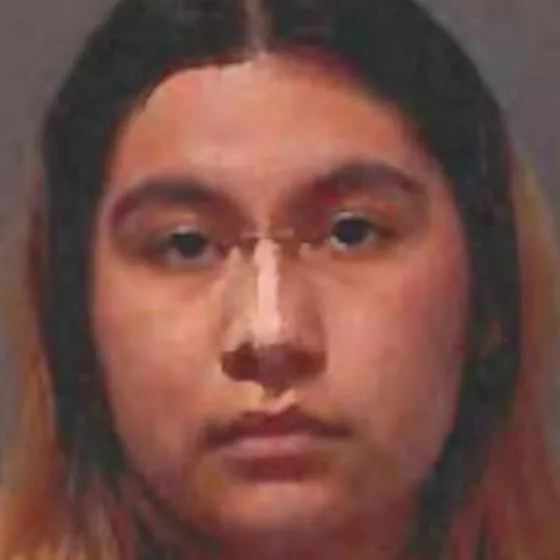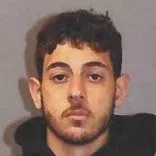University of Connecticut
Swift Encampment Arrests, Positive Changes in Policy
University of Connecticut
Swift Encampment Arrests, Positive Changes in Policy
Introduction

One week before graduation ceremonies, pro-Hamas protesters set up an encampment at the University of Connecticut’s (UConn) main campus in Storrs.
The encampment, which they dubbed UCommune, began at 5 p.m. on April 25, 2024, when students from a coalition called UConn Divest arrived at Dove Tower with tents, blankets, chairs, food and water. The tower is located in a plaza in the center of campus.
By the first night, the encampment had drawn a crowd of 300 students.
Demands
The students immediately made four demands of the university:
- “Disclose and divest from occupation and genocide”
- “Sever ties to the war industry,” in particular Raytheon Technologies (RTX), Lockheed Martin and General Dynamics; remove Bryan Pollard, an associate general counsel for RTX, from the Board of Trustees
- “Sever ties to the settler-colonial state of Israel”
- “End repression of Palestinian and Pro-Palestinian activists”
University and Connecticut state police were immediately called in to clear the encampment, resulting in the arrest of a 35-year-old man for interfering with an officer who was trying to detain a student. The man, Alexander Kueny, continued to interfere with the police even after his arrest.
The police told students they were acting on the grounds of a new policy banning the use of tents on campus, a policy that protesters say the university instituted 24 hours before the encampment began.
As police moved in, students locked arms in an attempt to form a defensive ring around the encampment. However, the police broke through the ring, clearing the encampment save for one broken and sagging tent.
Yet despite a continual police presence on the outskirts of the camp, students began congregating again. This time, the police took no action.
One participant, who described himself as a student reporter, wrote as follows,
“At night, an increased number of students congregated at the UCommune. Students distributed food, water, blankets, sleeping bags and hand warmers. Faculty showed their support for their students, bringing hot chocolate and donuts.
“One of the faculty said to this reporter while offering a warm drink, ‘We are so proud of you all.’ Following Isha, or “night prayer,” students settled in for the long, cold night. Temperatures would drop as low as 28 degrees Fahrenheit or -1.3 degrees Celsius.”
The Standoff
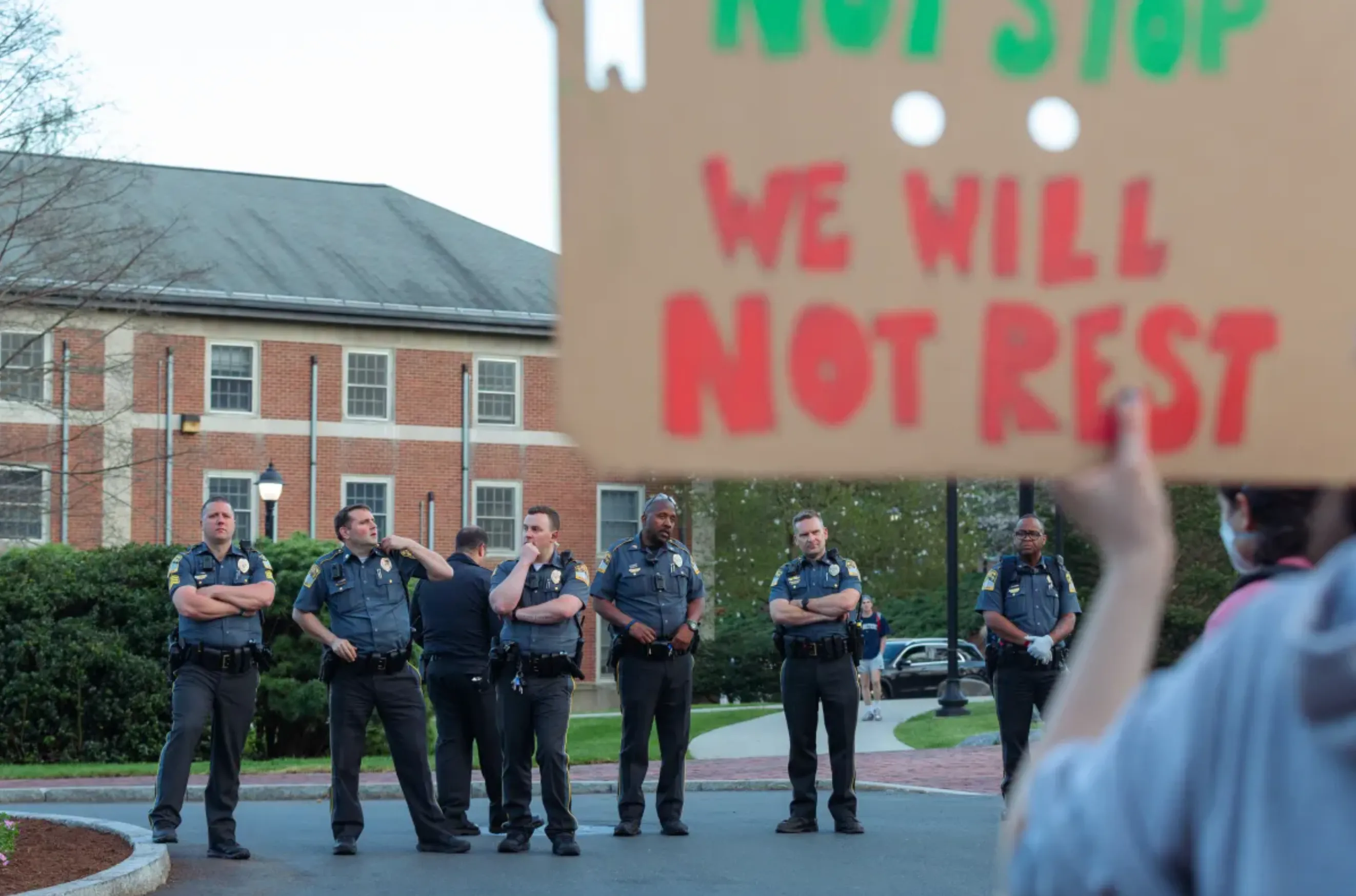
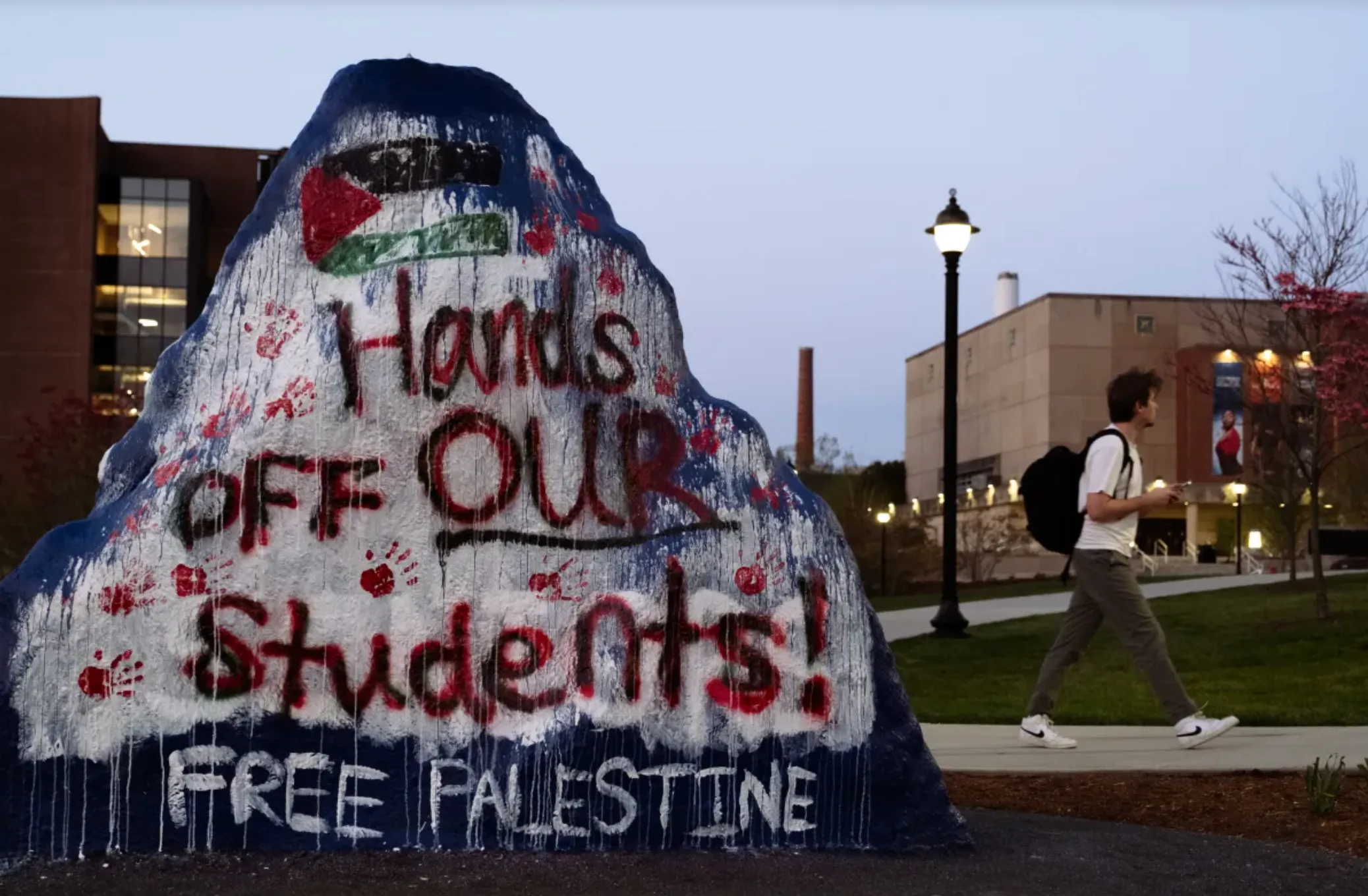
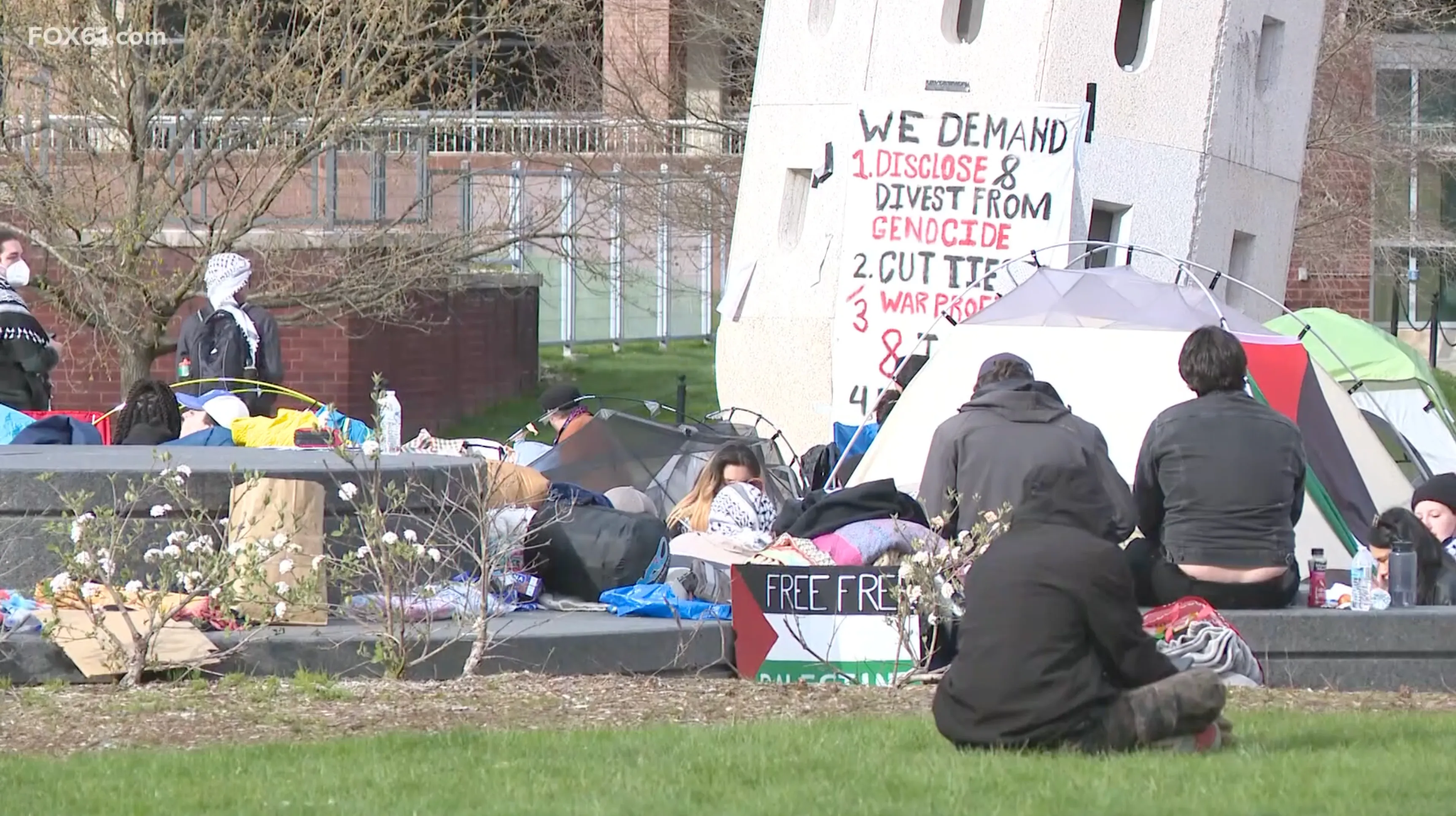
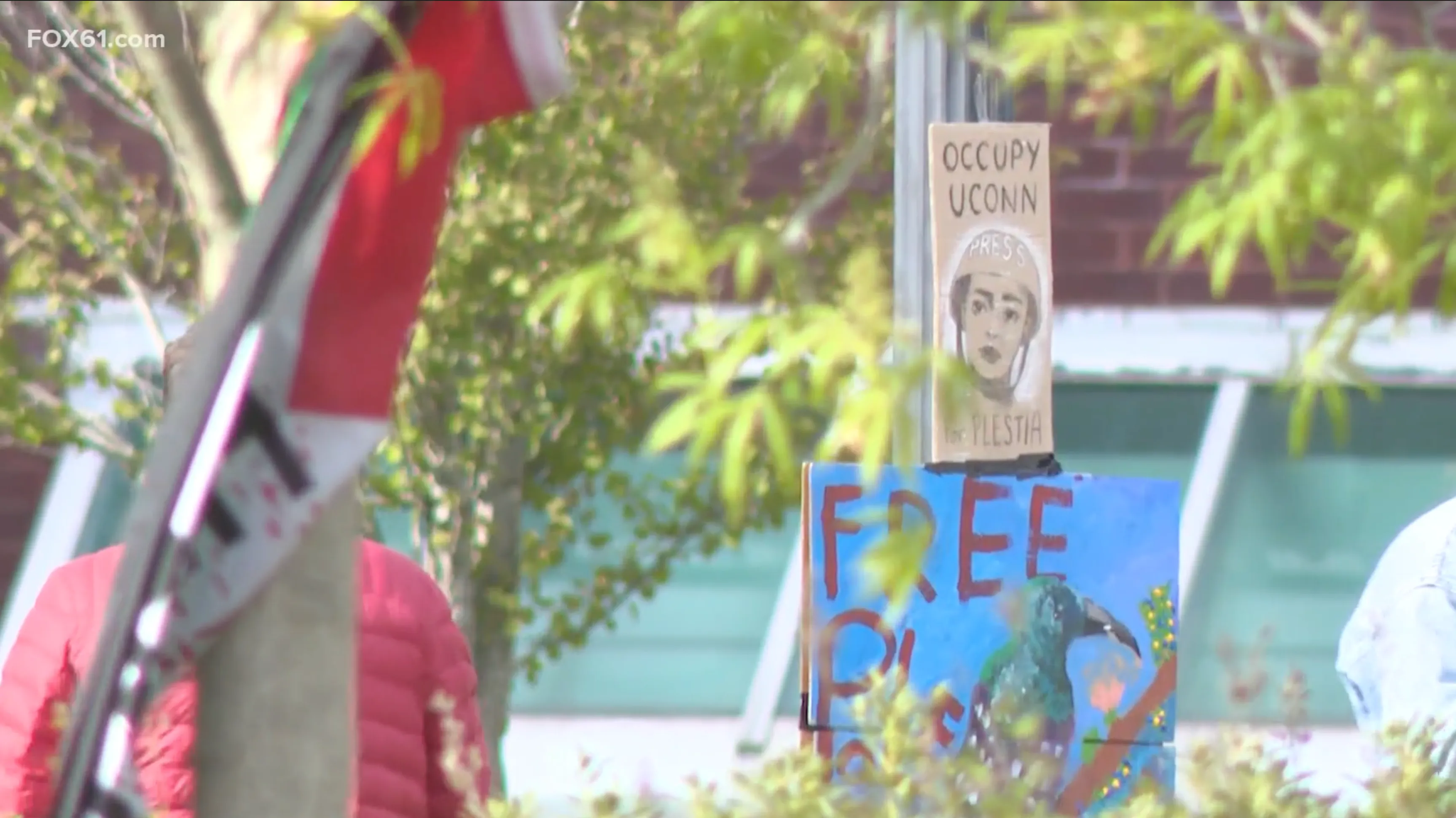
-3452x1966.webp)
The standoff continued and tents began springing up again. On Saturday, April 27, 2024, the third day of the protest, emboldened encampment leaders went to UConn’s provost Anne D’Alleva and delivered more demands.
In addition to the four previous demands, the new demands included:
- Amnesty for all students, faculty and other people involved in “all Palestine-related activities,” including, but not limited to, the encampment
- A condemnation by the university of “the unreasonable and harmful response to the lawful and peaceful protest”
- An acknowledgment by the university of “the ex-post facto policy prohibition on tents”
- The development of a policy that “delineates a procedure which provides for due process and public comment regarding any future policy changes to campus life”
- A condemnation by the university of “the Islamophobic, anti-Palestinian, anti-Black and anti-Arab incidents that have occurred on campus”
- A commitment by the university to a “proper and comprehensive investigation” into the complaints put forth by Palestinian students including, “The harassment and threatening of Palestinians at Israel Fest* by a Hillel Fellow…racial slurs that equated Palestinians to terrorists, the attempted cancellation of a 2019 event featuring Linda Sarsour” and the “discriminatory, bigoted, and communally harmful language used by [UConn] administrators.”
*Note: On April 2, 2024, pro-Hamas protesters disrupted Hillel’s “Israel Fest," shouting offensive comments into megaphones as they encroached on the area reserved for the event and harassed students for 90 minutes (until the event ended). Campus police did not intervene, citing free speech protections.
UConn Divest Partners
UConn Divest includes various undisclosed student groups and individuals and their allies advocating for the university to divest from companies and entities tied to “military activities” in Gaza, fossil fuels and other causes.
Prominent organizations behind UConn Divest include:

Students for Justice in Palestine (UConn SJP), which maintained a growing presence at UConn since 2012 but reached a “fever pitch” after the October 7 massacre

Fossil Fuel Free UConn (FFFU), which was founded in September 2022 to advocate for the climate movement at UConn
Arrests Made
At 7:30 a.m. on April 30, 2024, after four warnings to the protesters, police moved in. With demonstrators chanting, “UCPD, KKK, IDF you’re all the same,” police arrested 24 students and one former student who refused to take down their tents and disperse. All 25 were later charged with criminal trespass and disorderly conduct.
Commenting on the arrests, the administration stated that the protesters were free to be in the space and exercise their free speech rights, however, the tents violated university policy and needed to be taken down. This order was ignored.
In a letter sent to the university community-at-large the next day, UConn President Radenka Maric wrote she "wished arrests could have been avoided…”
Faculty Support
The faculty union at UConn, a branch of the American Association of University Professors (AAUP), voiced its objection to how the administration and police dismantled the encampments. According to Connecticut Inside Investigator, the union issued a letter against the university but has since removed it from its website.
However, the news outlet obtained emails between UConn’s president Radenka Maric and faculty union president Jeffrey Ogbar through a Freedom of Information request. In the emails, Ogbar, among other professors and students who wrote to Maric, advocated for the charges against those arrested to be dropped.
“As advocates of freedom to peaceful assemblage and free speech, we continue to endorse our students’ rights and hope that these charges are dropped,” Ogbar wrote on June 3, 2024.
On May 30, 2024, his colleague Jeremy Pressman, a professor and director of Middle East Studies at UConn, similarly wrote, “Calling in the police to stop a non-violent protest was a mistake. Police officers were used to stifle one perspective on Israel-Palestine. Now is the time to step up and lead. Please publicly call on the State’s Attorney to drop the charges against UConn students.”
Inside Investigator reports that UConn spokeswoman Stephanie Reitz had previously made the university’s position clear: that the fate of the charges against the students was now in the hands of the court. She further stated that the university could not disclose if the students would face further disciplinary action by UConn.
UConn Makes Changes to Protest Policies
In response to the encampment, Uconn revised its rules regarding campus protests in August 2024. The new policies explicitly ban camping, temporary encampments and disruptive behaviors such as blocking building access and using amplified sound without approval. In addition, the university
- Banned any outdoor activity that disrupts another outdoor activity
- Gave authority to university officials to relocate an outdoor activity
- Stated that failure to comply will result in sanctions as well as possible law enforcement action, including criminal penalties
More Anti-Israel Activism at UConn
Prior to the October 7 attack, anti-Israel activities at the university came mainly in the form of the UConn Divest coalition protests with the exception of the 2021 academic year, when seven incidents of antisemitism were recorded on campus.
The incidents included swastikas and other graffiti scrawled next to the Hillel building, with a number of them occurring on the Passover holiday.
Activities stepped up after October 7, 2023. At an anti-Israel event held just after the massacre, a speaker stated, "From this day on no more condemning Palestinian resistance. We need to be revolutionary. We need to be unyielding. We need to be relentless. The tides of freedom have turned and it's important now more than ever that we speak up against public perception.”
In September 2024, a planned meeting between the administration and UConnDivest was canceled after the group disseminated antisemitic fliers at an anti-Israel rally. The fliers depicted the university’s president, who is Jewish, with devil horns.
Since October 7, Jewish students reported that posters of kidnapped Israelis were ripped down and signs advocating to “free Palestine” “by any means necessary” appeared on campus.
Social media posts advertising a talk at Uconn by a survivor of the Nova music festival massacre received antisemitic comments.
DEI, Antisemitism and UConn’s Partnerships with Israel
Despite anti-Israel protests and divestment initiatives, UConn has maintained a supportive relationship with the Jewish state.
- On UConn’s website, the Diversity, Equity, Inclusion, and Justice page titled “Combatting Antisemitism offers a “formal definition” of antisemitism from the International Holocaust Remembrance Alliance (IHRA) and resources for further education
- For the last three years, the university has offered a "Why the Jews? Confronting Antisemitism" course that over 3,500 students have completed
- UConn offers study abroad programs in collaboration with several Israeli universities, including the University of Haifa, Tel Aviv University, The Hebrew University of Jerusalem, Technion, IDC-Herzliya and Ben Gurion University. These programs include research opportunities and faculty-led initiatives such as archaeological excavations and specialized summer programs in psychology and entrepreneurship
- In the aftermath of the October 7 attack, UConn collaborated with donors and established the ‘UConn-Israel Partners Fund’ to seed projects that further build UConn-Israel connections.
- UConn maintains strong relationships with Hillel and Chabad and has collaborated with various external Jewish organizations.
Profiles of Arrestees
